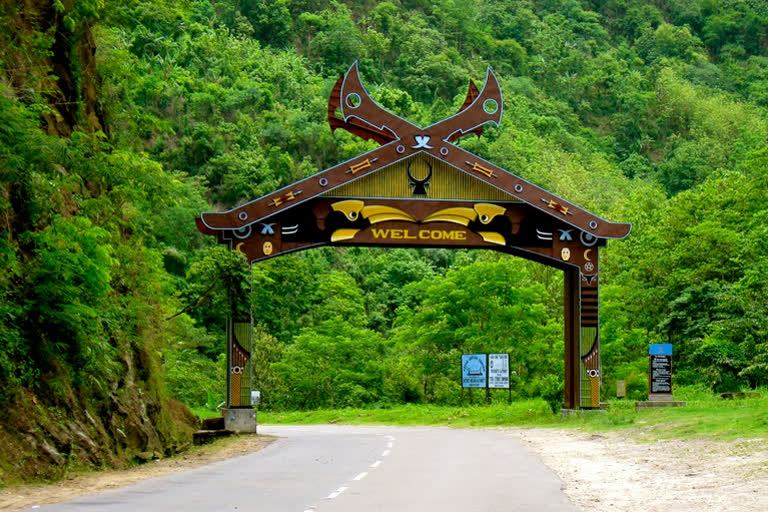New Delhi: Although cynicism is the abiding theme on the issue now because of its prolonged delay, the process and outcome of the Naga pact, if and when it comes around, can be the veritable key template for resolution with the other armed insurgencies of the NE region, which the Indian security establishment should not lose sight of.
That is the reason why the developments on the Naga talks issue are being watched with keen interest by insurgent leaders like Paresh Baruah, supremo of the United Liberation Front of Asom (Independent) (ULFA-I).
During an interview on Sunday to ‘News Live’, a leading Guwahati-headquartered regional English TV channel, Baruah said: “So far there has not been a great deal to learn from the accords between the Indian government and some groups in NE. There has been nothing so far.”
For anyone familiar with the process of how accords with NE insurgent outfits are framed in New Delhi’s North Block which houses the Union home ministry—the nodal ministry on NE insurgency—previously signed accords are referred to, compared with and tallied for constructing any new framework of agreement.
At least seven decades old, making it among the world’s longest-running insurgencies, the Naga issue continues to evade a final resolution despite an ongoing protracted negotiations process that has continued for a quarter of a century.
With demands ranging from greater say in local governance to total secession from India, the NE India region has been fertile ground for many insurgencies. These insurgencies can be grouped into two broad categories—those that can be resolved within the constitutional boundaries and those without. While the former are easy to dispense with, the latter are the more tricky ones.
Distinguishing between the various armed insurgencies, the guerrilla leader said: “Some accords are very easy that are inside the Indian Constitution… like the Bodo or the Karbi accords (in Assam). Those are very simple.”
Pointing out that Bodos, Karbis, etc took to weapons only to wake up the political leadership for addressing their genuine grievances, Baruah asked: “But why not the Nagas who have been struggling on the basis of their historical rights. It is difficult, you have to come out of the Indian Constitution.”
“Perpetual talks with Nagas, when will it end no one knows. The government of India is playing a dirty game. They are lingering. Great leaders—Isak is no more, Khole is no more. No one knows how long the honourable Mr Muivah Sir is going to be alive. That is a question mark.”
The ULFA (I) should be keenly interested in developments with the Naga movement. Its objectives fundamentally align with those of the NSCN factions—the main Naga insurgent group, the PLA or the UNLF of Manipur—that aim at total independence on the basis of the right of self-determination.
Conceding the futility of taking on the might of the Indian security establishment through an armed movement, Baruah said: “We never said we can defeat India militarily. When we raised our voice, India used guns against us. We have taken up guns in self-defence… It (ULFA movement) is a political movement that needs a political solution. We are not opposed to fruitful talks.”
This is an interesting position in the backdrop of Baruah’s indicated willingness to kick-start a talks process with the Indian government, facilitated by the Assam CM Himanta Biswa Sarma, but with the core issue of sovereignty being the single-point item of discussion on the agenda.
“We always welcome conflict resolution talks process between Indian government and ULFA (I)… So far we do not have any knowledge of the proposal of the talks,” the ULFA (I) leader said adding that for talks to take place, Assam’s sovereignty has to be the single agenda item of discussions. “Single agenda sovereignty... that’s enough,” Baruah added.
Also Read: Nagaland killing: NPF decries Amit Shah over making 'unwarranted statements' in Parliament



